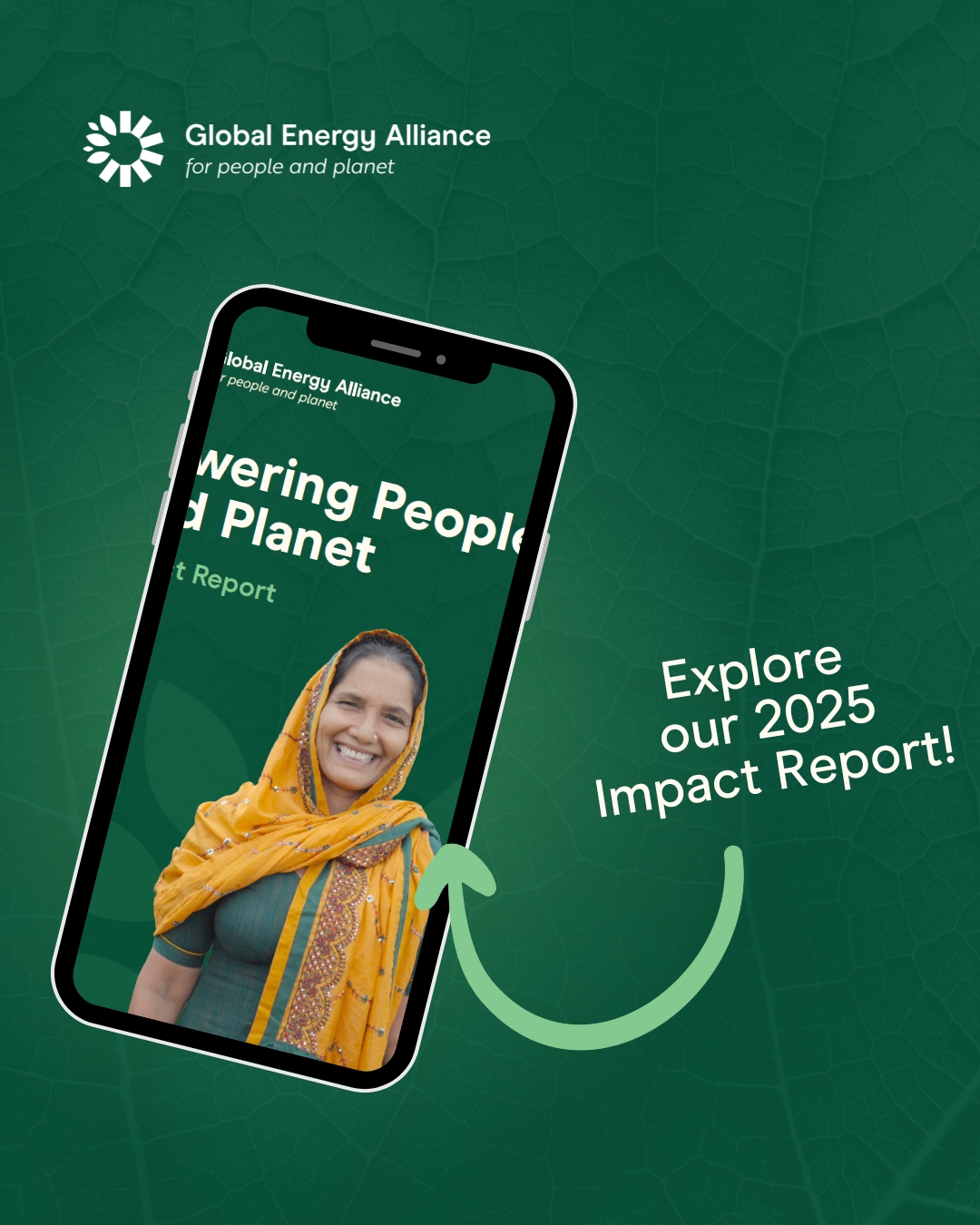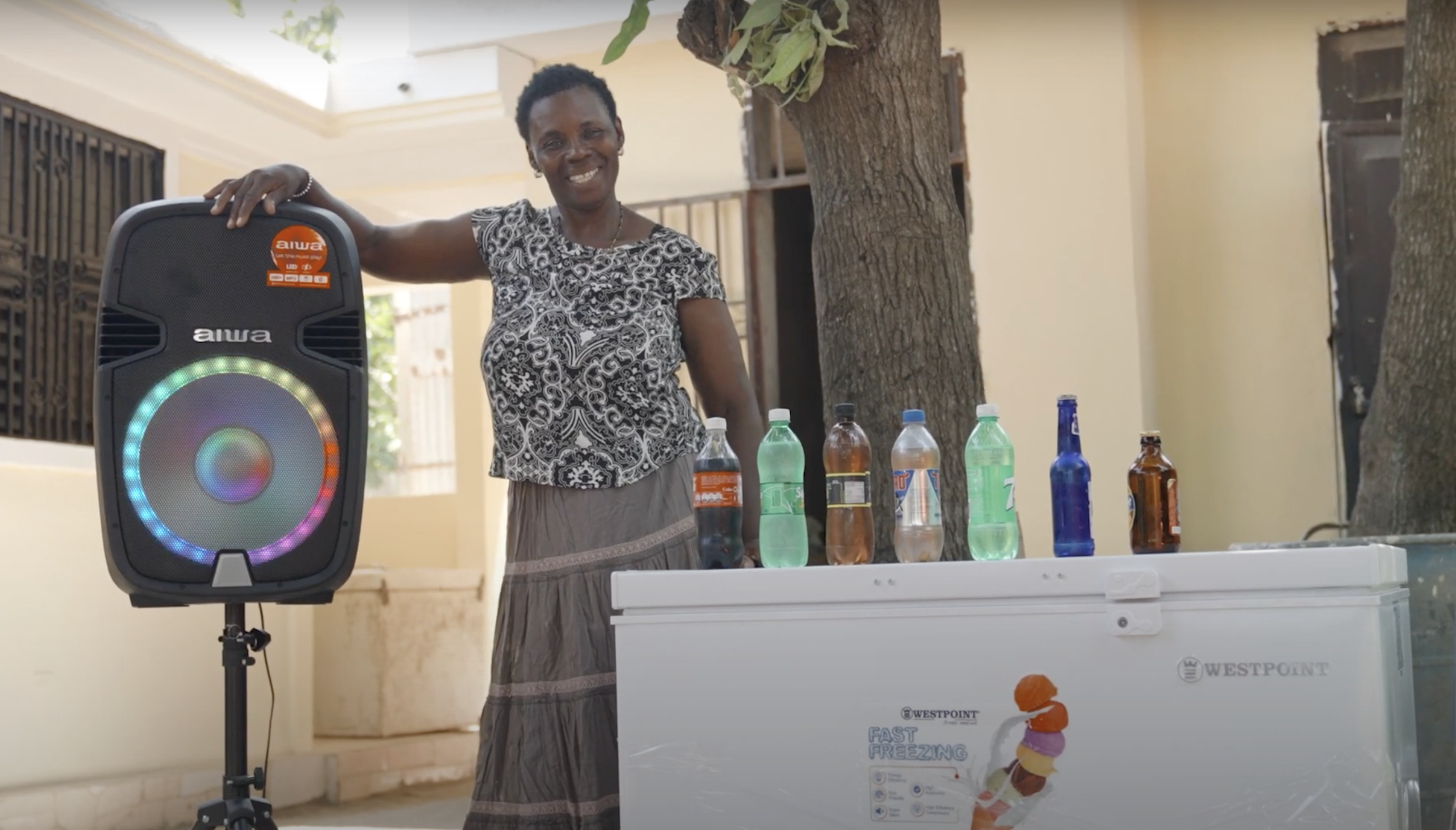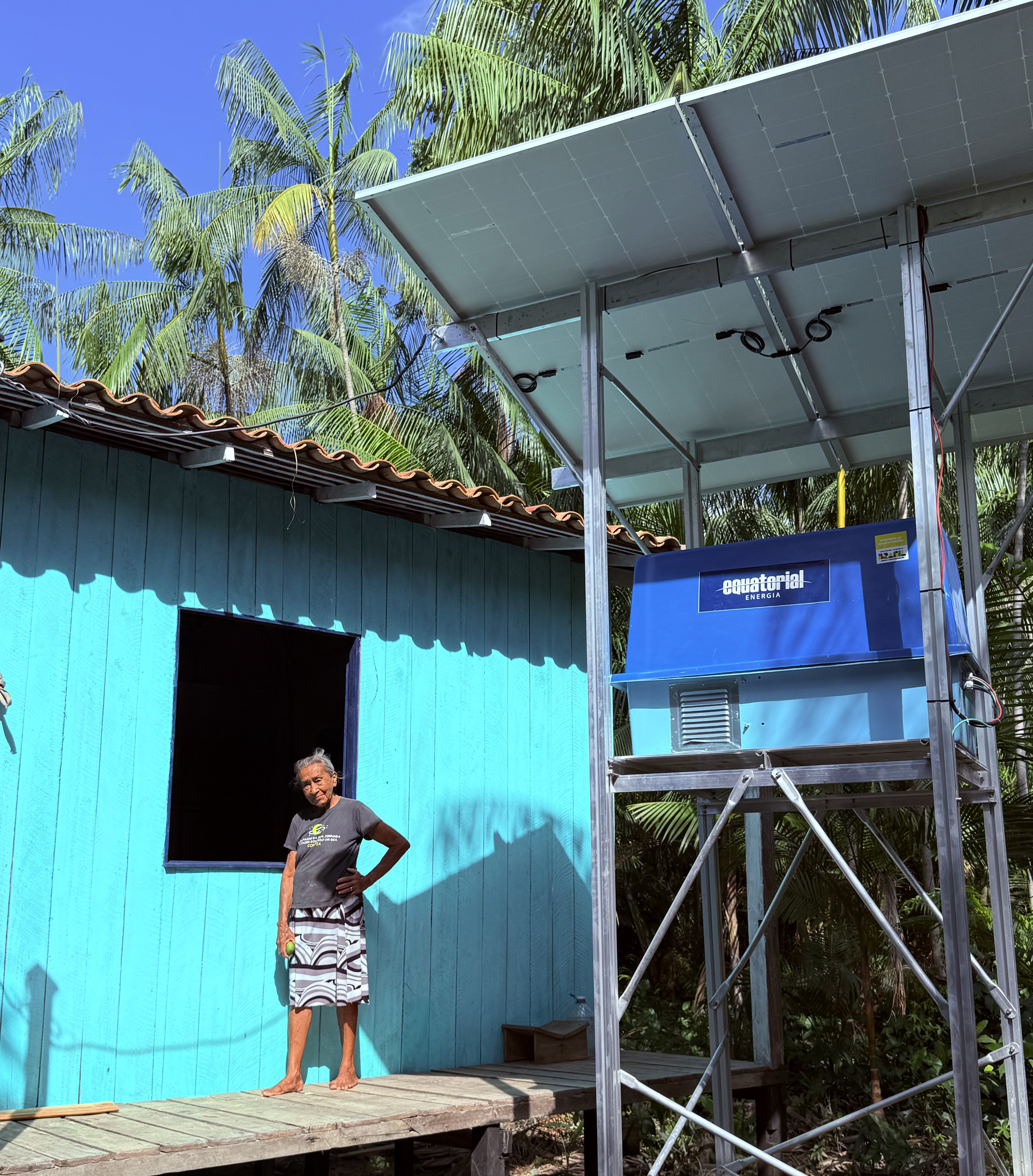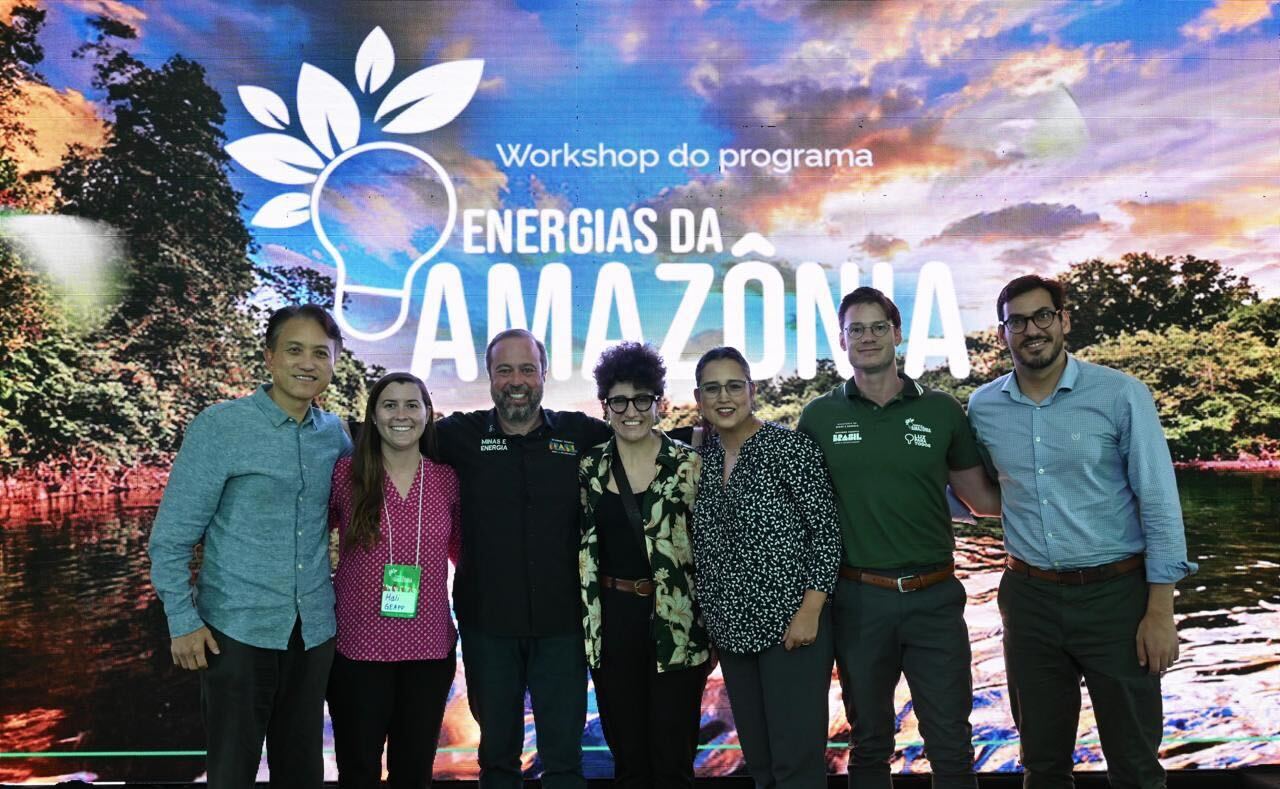From the Amazon to the world: Brazil’s blueprint for a just energy future

Brazil will soon host the UN’s annual flagship climate conference, COP30, for the first time.
For a nation on the frontlines of the climate crisis, this is a defining moment. Brazil can lead on two fronts: ensuring universal, reliable and sustainable electrification for every Brazilian and spearheading a clean energy transition that accelerates access and opportunity across Latin America and around the world.
Electricity is one of the greatest engines of economic growth, better health and improved education. Yet when it’s powered by fossil fuels, it’s also one of the largest drivers of climate change. Ensuring universal access to affordable, renewable energy is therefore both a national development imperative and a climate necessity.
Over the past decade, Latin America has expanded electricity access faster than almost any other region. Brazil has driven much of that success through strong regulation and sustained investment in its grid. Yet the last mile remains the hardest. More than 95% of the country’s unelectrified population lives in the Amazon, where vast distances, low population density and fragile ecosystems make traditional grid extension costly and complex.
About one million Brazilians still lack reliable power, and roughly three million — mostly in the Amazon — depend on costly, polluting diesel generation. As Energy Minister Alexandre Silveira de Oliveira put it: “Bringing reliable and renewable energy to all Brazilians is not a mere option, but a duty.” Energy poverty deepens inequality, limits access to health care and education and leaves communities more vulnerable to climate shocks, from record floods in Rio Grande do Sul to wildfires in the Amazon rainforest.
If Brazil succeeds in its mission, it could become the first nation in Latin America and the Caribbean to achieve universal electricity access – a milestone with global resonance.
Long recognized as a renewable energy leader, Brazil sees access to clean power not as charity or climate policy, but as smart economic strategy. Renewable power is now the cheapest and most abundant energy source in the world, and for the first time in history, renewables have generated more electricity globally than coal. In emerging economies, that shift means clean energy can drive job creation and productivity faster than fossil fuels ever did, but only if investments reach the people and places that need them most.
Closing the access gap demands collaboration across government, the private sector, local communities and philanthropy. In a time of declining international aid, multi-actor partnerships are more essential than ever. That’s why the Global Energy Alliance for People and Planet launched the Latin America and Caribbean Universal Access Coalition, bringing together governments, development banks and regional partners to close the electricity gap for more than 17 million people across the region by 2030.
In Brazil, that work is already taking shape. New projects in the Amazon are funding community-led electrification and piloting models to reach the most isolated communities, all while creating jobs and safeguarding the forest that sustains the planet’s climate balance.
The Ministry of Mines and Energy, the Sustainable Amazon Foundation and the Global Energy Alliance are partnering on Luz na Floresta, an initiative bringing clean, reliable power to remote Amazonian communities. Solar mini grids and battery systems are replacing expensive, polluting diesel generators, delivering reliable power that enables families to process açaí and other forest products, refrigerate medicines and preserve fish and agricultural goods, adding value to what they produce, store and sell. The project also builds evidence and models to guide Brazil’s national programs such as Energies of the Amazon and Luz Para Todos.
As the world gathers for COP30 in the Amazon, programs like these offer a living example of how universal energy access, built in partnership with communities, can drive prosperity while protecting the planet.
This month, Brazil will have the chance to redefine climate leadership, not through declarations, but through delivery. By achieving universal electrification at home and sharing its lessons abroad, Brazil can show how clean energy is the foundation of economic growth, not a trade-off against it. If the world is serious about a just transition, it should look to the Amazon, where a new model of collaboration is taking root.
This article was originally published in Portuguese by O Globo in advance of COP30 in Belém. It is republished here in English with permission.



